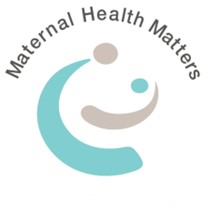Review: You Can’t ask That – Postnatal Depression
ABC TV & iView

I could not help being overwhelmed by the generosity of spirit of the women and man who shared their postnatal journey on You Can’t ask That – Postnatal Depression. Even more than that, I felt ashamed that we as a society abandon women and their families within hours of the birth of a baby. At a time when they need us most. This situation is then compounded by the woman left feeling like she had failed, she got depressed.
The reality is that we as society fail over and over again to provide good quality primary health care after a baby is born. We fail to provide quality care, that is accessible, is available in the home, in a timely way, in way that is acceptable to the woman and her family and is affordable. As a society we pride ourselves on low maternal mortality rates. Together with health professionals who provide maternity services we focus on the birth of a baby and then on most occasions, care virtually stops within hours of the birth despite this being the beginning of a stressful period of transition and learning. Women are generally sent home within hours of the birth, left abandoned, even with babies who have never even to the breast, and too often with premature babies who require complex feeding regimes.
The maternity services National Strategy – woman cantered care: strategic directions for Australian Maternity Services recognises that the maternity period lasts for twelve months after the birth of a baby and most specifically recognises the mental health needs of women and their families during this period of vulnerability. This program exposes the fact that it is time that our policy makers, funding bodies, service planners, service providers and most especially our midwives and doctors, put the woman back into the centre of care, most especially postnatal care. We have tripped into a space where we deliver and fund maternity services that meet the needs of the services and providers rather than putting the woman in the centre and asking what is right, what does the woman need and what does the woman want.
Mary Kirk AM
